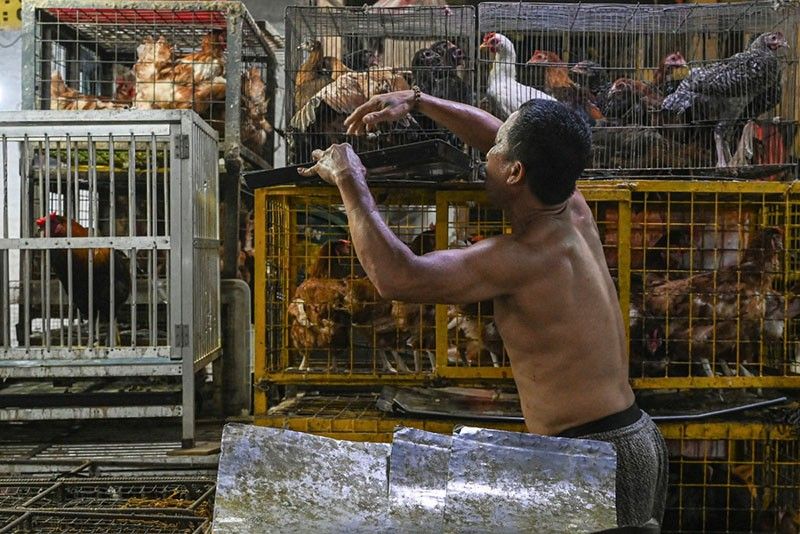Philippines bans bird imports from Australia over bird flu outbreak

MANILA, Philippines — Philippines has banned the import of birds from Australia, which is battling a bird flu outbreak, the government announced Saturday.
The Department of Agriculture (DA) announced the ban of domestic and wild birds from the southern country, citing concerns over the highly pathogenic avian influenza (HPAI) virus subtypes H7N3 and H7N9.
Australia's Chief Veterinary Officer reported outbreaks of the virus to the World Organization for Animal Health.
Particularly, the outbreaks were detected on May 23 in Meredith and on May 25 in Terang, Victoria, which were confirmed by the Australian Centre for Disease Preparedness.
The move, which has immediate effect, was triggered "to prevent the entry of HPAI virus to protect the health of the local poultry population."
Agriculture Secretary Francisco Tiu Laurel Jr. issued Memorandum Order No. 21, directing the Bureau of Animal Industry to halt the issuance of Sanitary and Phytosanitary Import Clearances for imports of wild and domestic birds from Australia, including poultry meat, day-old chicks, eggs and semen.
“All shipments coming from Australia that are in transit/load/accepted unto port before the official communication of this order to the Australian authorities shall be allowed provided that the products were slaughtered/produced on or before May 9, 2024,” the memorandum signed by Laurel on June 6 reads.
As of April 2024, Australia was the fourth largest source of chicken meat imports for the Philippines, supplying 5,365 metric tons. It was also a major supplier of mechanically deboned meat and day-old chicks.
Avian influenza occurs mainly in wild birds and poultry. Cases of transmission between humans are extremely rare.
The H7N9 strains of bird flu, detected in 2013, have been responsible for most cases of human illness from avian influenza, according to the US Centers for Disease Control. — with a report from Agence France-Presse
- Latest
- Trending





























